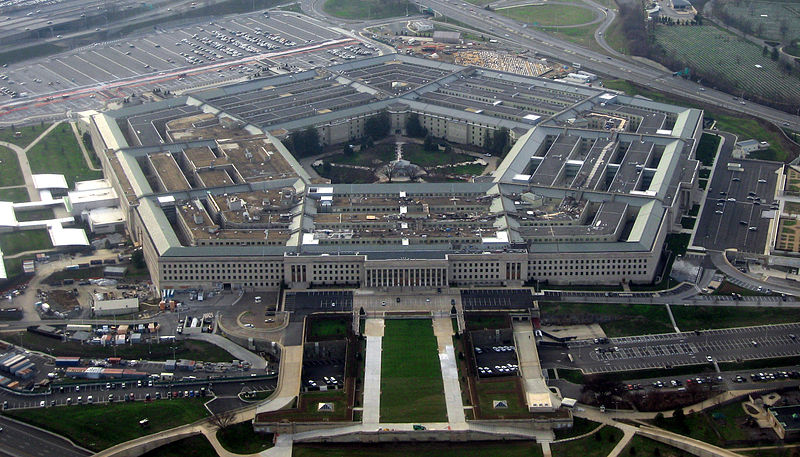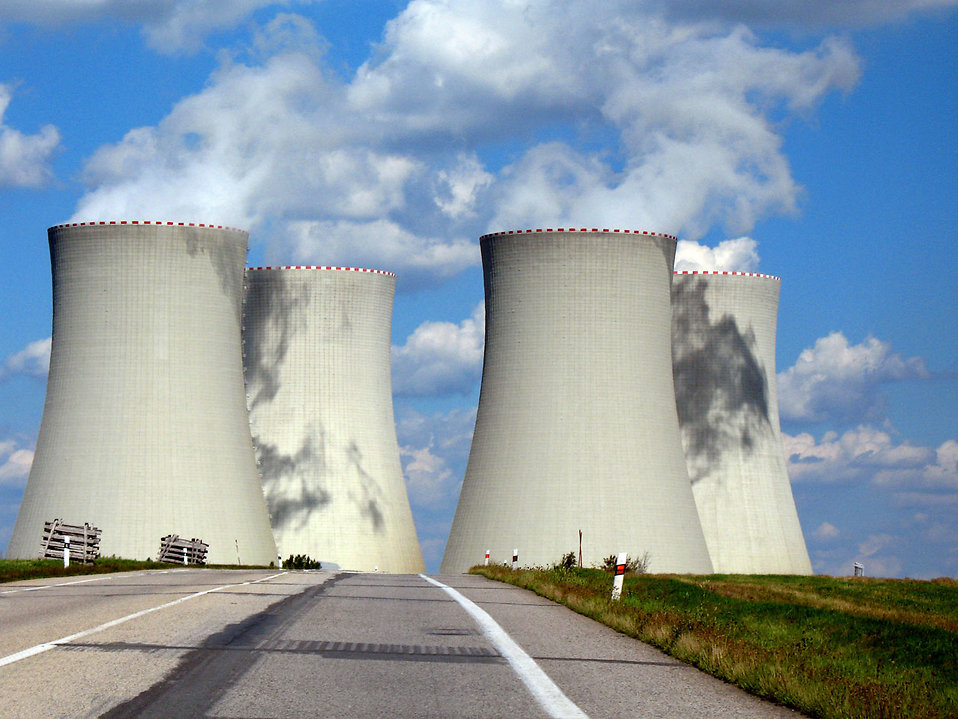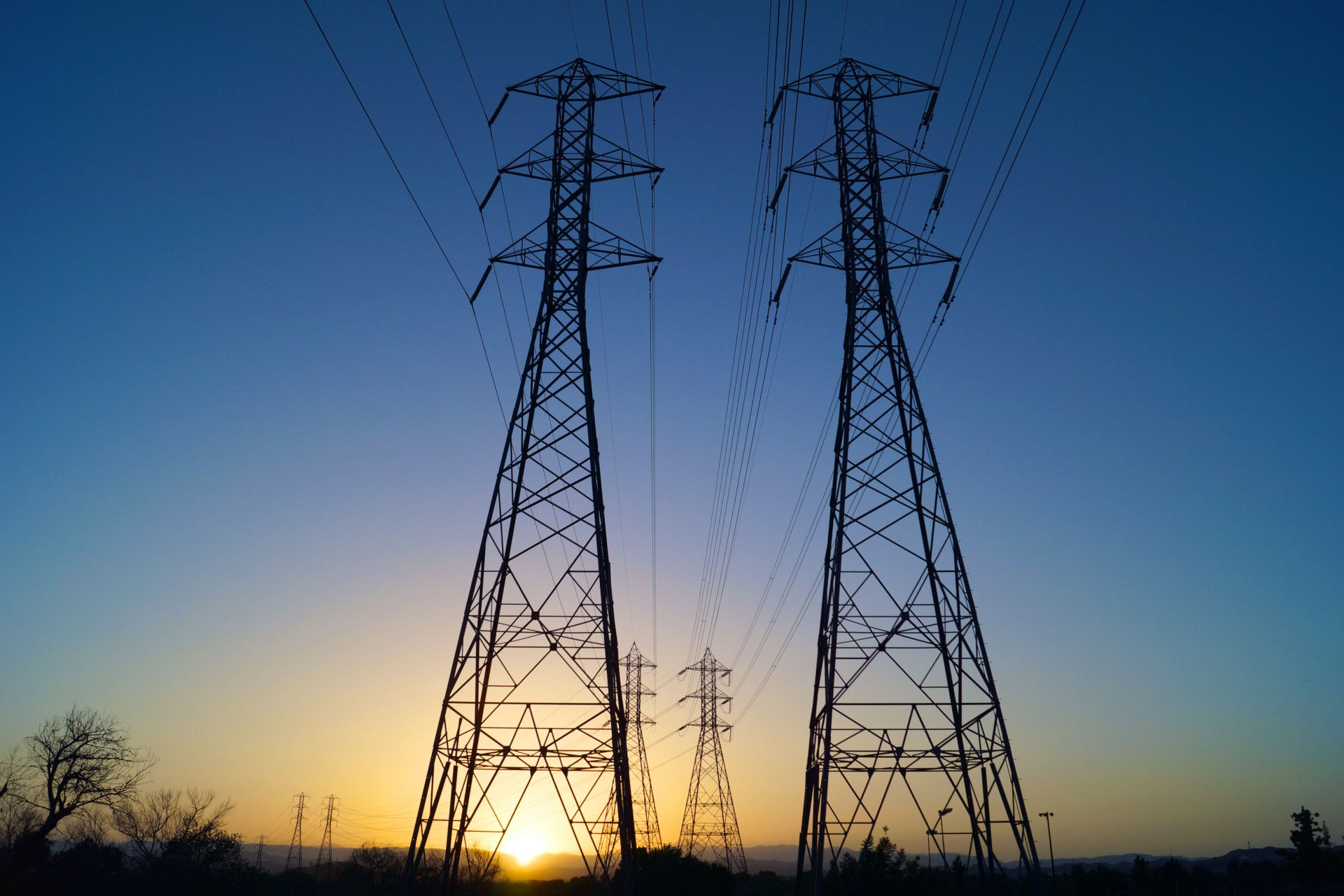Jennifer M. Klein, Esq. Associate Director & Fellow Sea level rise and associated increases in flooding and storm surge should be considered in connection with two planned liquefied natural gas facilities proposed to be built on the coasts of Maine and Louisiana, according to letters submitted today by the Sabin […]
Jennifer M. Klein, Esq. Associate Director & Fellow On Monday the Department of Defense (DOD) issued a report describing its plan to adapt to the impacts of Climate Change. The DOD views climate change as an immediate threat based on its potential to undermine the capacity of military installations and […]
It is no secret that the fight against desertification isn’t going well. In the two decades since the United Nations Convention to Combat Desertification came into force, desertification has worsened considerably. Many within the desertification community and beyond are calling for a fresh approach to the problem: the establishment of […]
Jennifer M. Klein, Esq. Associate Director & Fellow The Nuclear Regulatory Commission (NRC) recently finalized a rule regarding the storage of highly radioactive spent nuclear fuel at individual power plants beyond the duration of each plant’s operating license. The NRC’s Final Generic Environmental Impact Statement (GEIS) for the rule addressed potential climate […]
On September 19, the George Washington University Law School, Society for Risk Analysis, USDA Risk Forum and Environmental Law Institute co-hosted a workshop on the role of adaptive management in government decision-making. Representatives from federal agencies, civil society organizations and academic institutions gathered to discuss some of the key barriers […]
In a new working paper (forthcoming as an article in Harvard Environmental Law Review Volume 39, 2015), Shelley Welton examines the reasons that “non-transmission alternatives”—including energy efficiency, energy storage, demand response, and distributed generation—have played a very limited role in meeting electricity grid constraints, despite their great potential. The paper […]
Former environmental litigator and Columbia Law School graduate Michael Burger ’03 was recently named the first executive director of the Law School’s Sabin Center for Climate Change Law. Burger, who currently serves as an associate professor of law at Roger Williams University School of Law in Rhode Island, will formally […]
By Michael B. Gerrard The Clean Power Plan proposed by the Environmental Protection Agency in June is the centerpiece of the Obama Administration’s efforts to fight climate change. Coal-fired power plants are by far the largest source of greenhouse gas emissions in the United States, and the EPA proposal would […]






